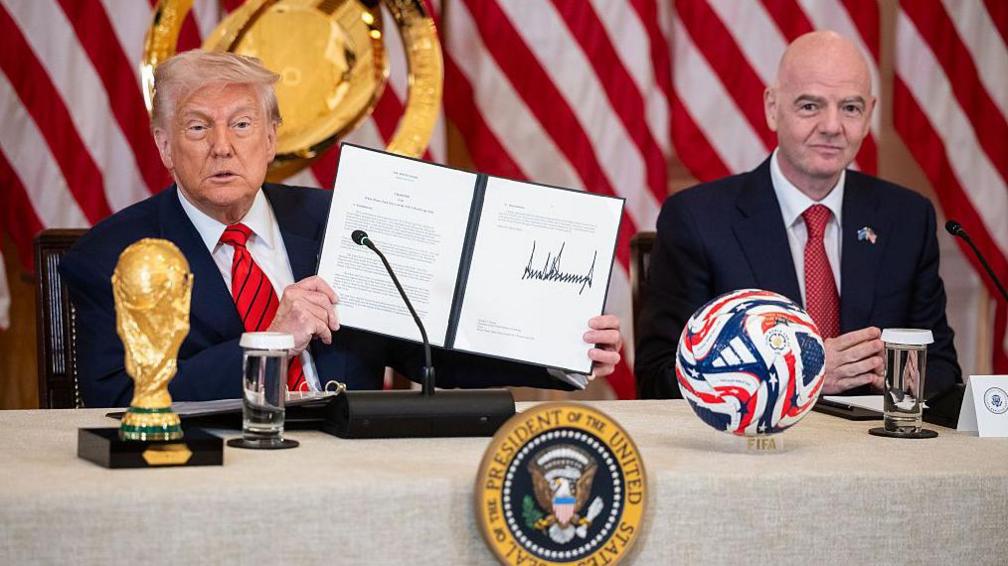World Events and Football: The Russia Ukraine War and the Road to Peace
The ongoing Russia Ukraine war continues to shape not only geopolitical discussions but also the world of international sports. As the conflict evolves, new suggestions have emerged that link major sporting events to peace initiatives. This article examines recent developments around the war and explores how football may serve as a tool for diplomacy.

The Russia Ukraine War: Global Impact and Sporting Sanctions
Since its escalation in 2022, the Russia Ukraine war has led to significant sanctions against Russia in international arenas. One of the most notable consequences is the ban of the Russian national football team from FIFA and UEFA competitions. These sporting sanctions reflect the broader political response, demonstrating how the conflict influences areas far beyond the battlefield.
2026 FIFA World Cup: A New Incentive for Peace?
Amid ongoing violence, some leaders are searching for creative ways to bring the war to an end. In a recent meeting, US President Donald Trump, alongside FIFA President Gianni Infantino, suggested that the opportunity for Russia to participate in the 2026 FIFA World Cup could serve as an incentive for peace. President Trump stated, “We want to get them to stop. Five thousand young people a week are being killed—it’s not even believable.” His comments highlight the urgent desire to halt the war and look for out-of-the-box solutions.
Trump’s proposal, as reported by BBC Sport, underlines the potential role of football in global peace discussions. FIFA officials remain steadfast that Russia’s readmission depends on circumstances changing and peace being restored.
Football Diplomacy: Reactions and Realities
The idea of leveraging sport for diplomatic ends is not new. However, Trump’s suggestion has received mixed reactions, with some questioning both its practicality and his awareness of the current bans. According to The Economic Times, Trump was unaware that Russia was already banned from the upcoming tournament. Still, he emphasized that allowing Russia’s return could be a strong motivator for peace.
The Times of India also details the international discussions, highlighting that such proposals create a clear intersection between politics and sport in the hopes of fostering dialogue.
Challenges Ahead and the Path to Resolution
While football offers a common ground for nations, the Russia Ukraine war remains deeply complex. Restoring peace will likely demand much more than sporting incentives, but international attention and creative diplomacy may still play a crucial role. As the next World Cup approaches, the world watches to see if sport can influence the course of history and help heal deep divides.
Conclusion
The intersection of the Russia Ukraine war and global football highlights how closely connected sports are to world affairs. Whether the 2026 FIFA World Cup can truly serve as an incentive for peace is yet to be seen. What remains clear is that global efforts, both diplomatic and cultural, are vital for any meaningful resolution. Stay informed with reliable updates to understand how international policies—and the universal language of football—shape our world.